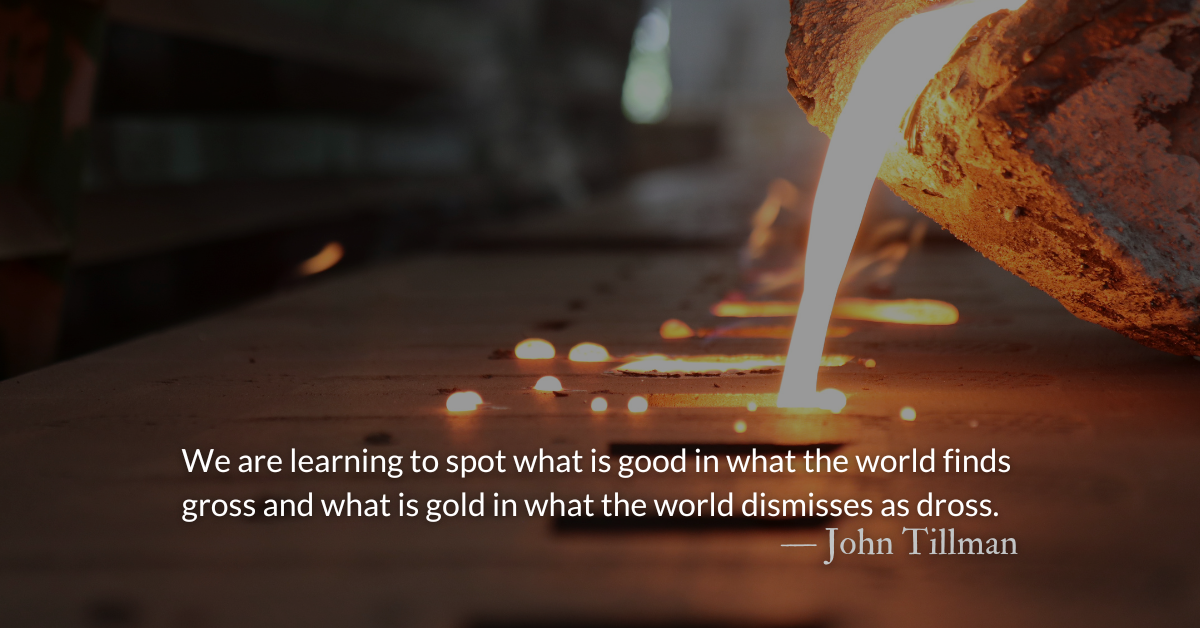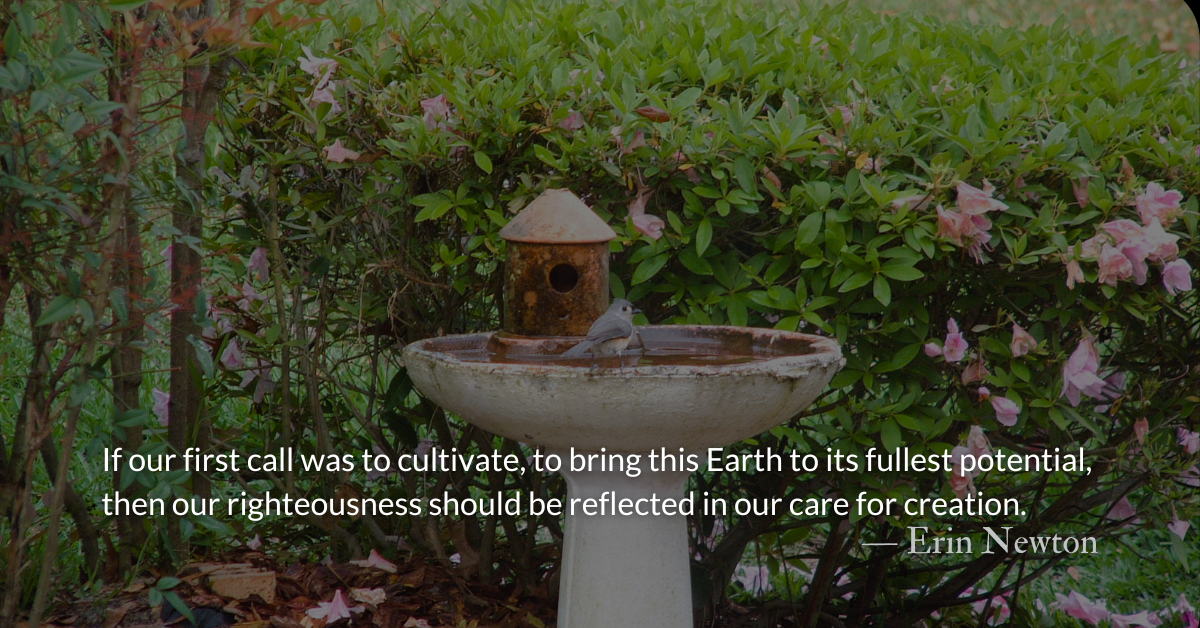Scripture Focus: Proverbs 17.1-7
1 Better a dry crust with peace and quiet
than a house full of feasting, with strife.
2 A prudent servant will rule over a disgraceful son
and will share the inheritance as one of the family.
3 The crucible for silver and the furnace for gold,
but the Lord tests the heart.
4 A wicked person listens to deceitful lips;
a liar pays attention to a destructive tongue.
5 Whoever mocks the poor shows contempt for their Maker;
whoever gloats over disaster will not go unpunished.
6 Children’s children are a crown to the aged,
and parents are the pride of their children.
7 Eloquent lips are unsuited to a godless fool—
how much worse lying lips to a ruler!
Reflection: Would You Rather Proverbs?
By John Tillman
“Would You Rather?” forces choices between bad and usually gross options. “Would you rather eat a live bug or a hairball?” Some proverbs sound like a question from the game: Would you rather be peaceful with poverty or problematic with prosperity? (Proverbs 17.1) But God isn’t trying to gross us out or force us to choose between two bad options. God is teaching us to see and to think differently.
In the world, the “party” is worth the “strife.” The grind is worth the drip. Even if it means grinding up your competitors, workers, or family. Wealth, power, and ease are worth whatever you do to obtain them.
In Christ, no amount of wealth, power, or ease is worth abandoning the way of Jesus. These are the very things Satan tempted Jesus with. We must resist them, too.
In the world, children inherit whether they are wise or wastrels, whether their habits are gracious or grotesque. Birthright is biological, and the first always gobbles the biggest slice.
In Christ, the first are joyfully last and the older serve the younger. Not only that, God treats as family outsiders and exiles who embrace wisdom and disowns and rejects biological kin who mock his grace and mercy.
In the world, we mock the poor for their poverty and honor those who inherit wealth as if they earned it.
In Christ, there is good news for the poor. Helping the poor is helping Christ himself, and mocking or turning away the poor is mocking and turning away God himself. Kingdoms and their leaders are wicked if the poor, the foreigner, and the vulnerable suffer and righteous when they find justice and peace.
Among God’s people, in Christ, a new family is defined, a new kingdom is founded, and a new world is created. In this family, love is defined differently. In this kingdom, power operates differently. In this world, growth occurs differently. We should be different. We should expect, pursue, and celebrate different things when we are a part of Christ than we do as a part of the world. We must align our hearts and minds to these new ways of thinking.
We are not choosing between two bad options when we choose the way of Christ. We are learning to spot what is good in what the world finds gross and what is gold in what the world dismisses as dross.
Divine Hours Prayer: The Request for Presence
Let those who seek you rejoice and be glad in you; let those who love your salvation say forever, “Great is the Lord!” — Psalm 70.4
– From The Divine Hours: Prayers for Summertime by Phyllis Tickle.
Today’s Readings
Proverbs 17 (Listen 2:58)
Mark 7 (Listen 4:28)
Read more about Proverbs’ House of Mirrors
Do our words rhyme with God’s? Or do they stink? Would we enjoy eating them?
Read The Bible With Us
It’s never too late to join our Bible reading plan. Immerse in the Bible with us at a sustainable, two-year pace.






